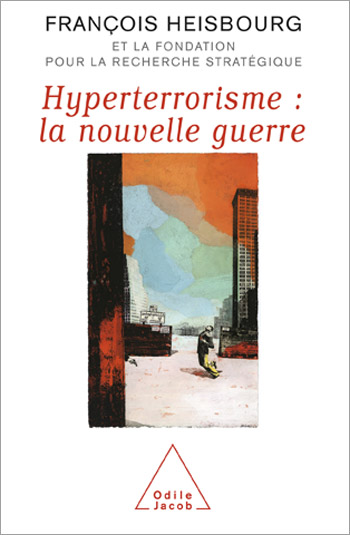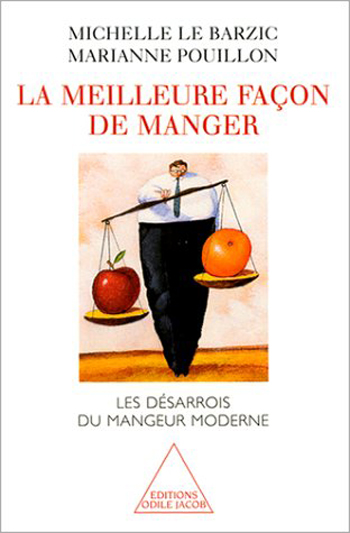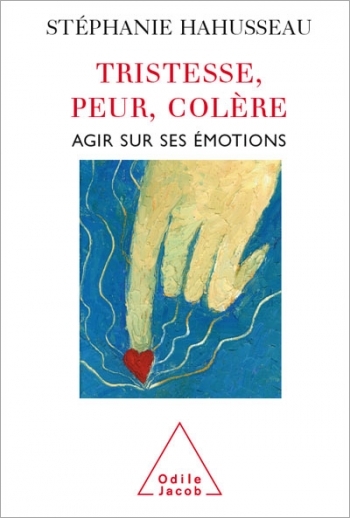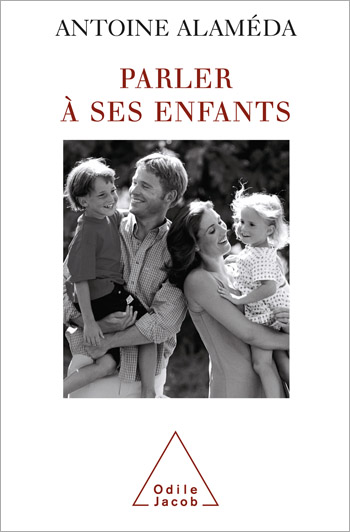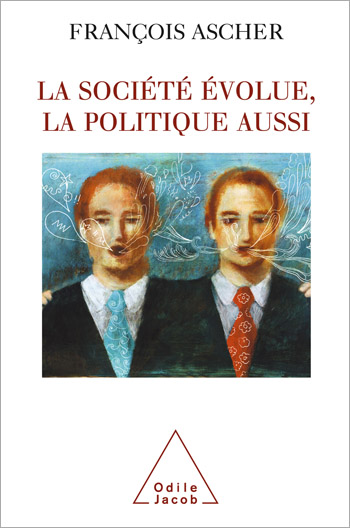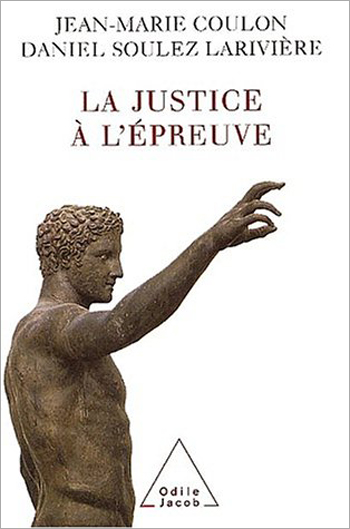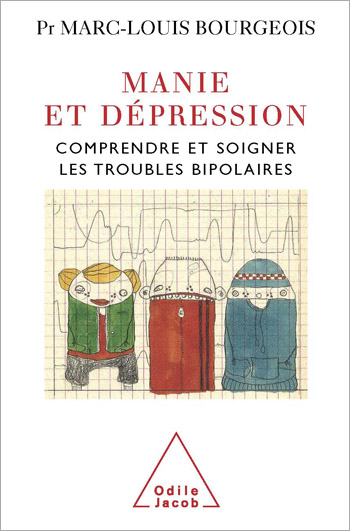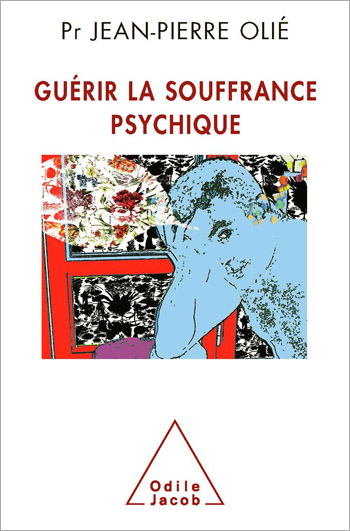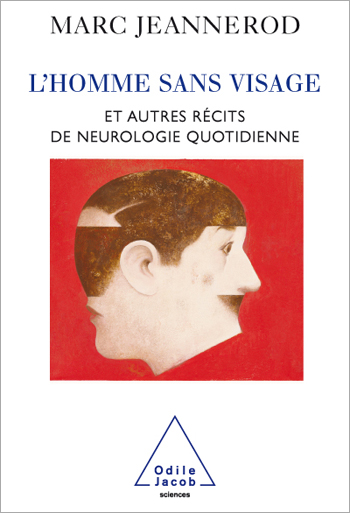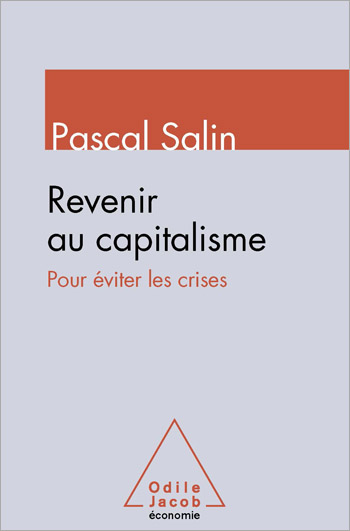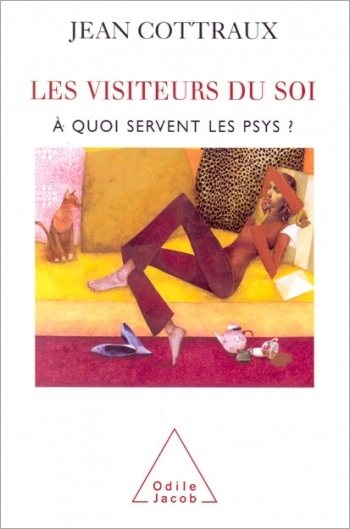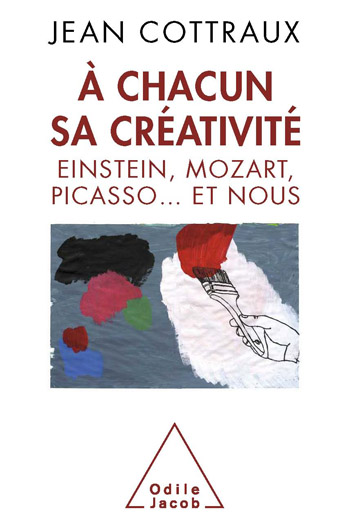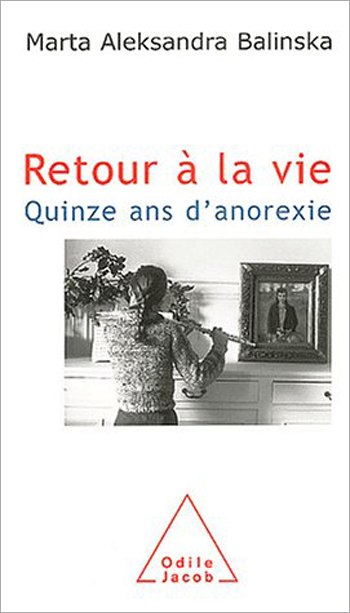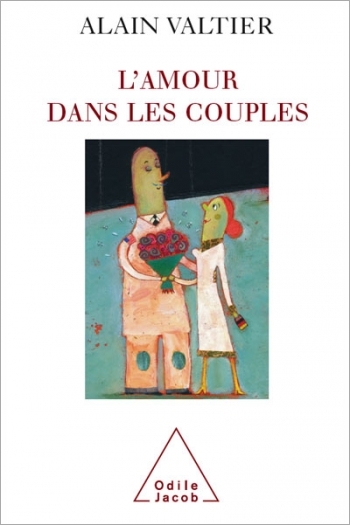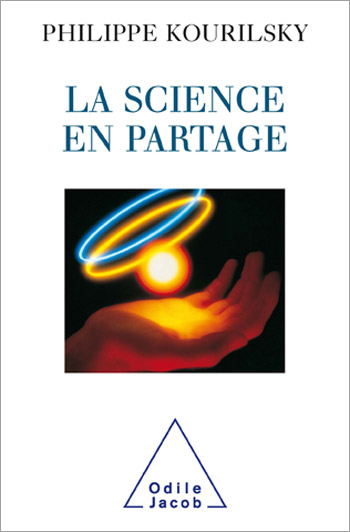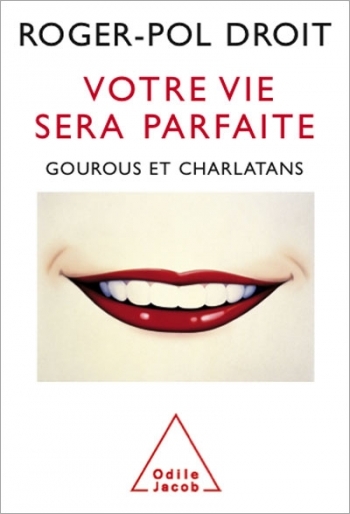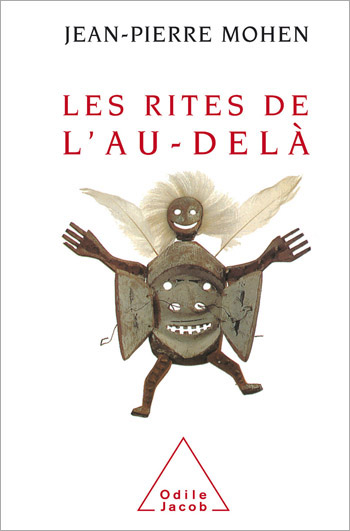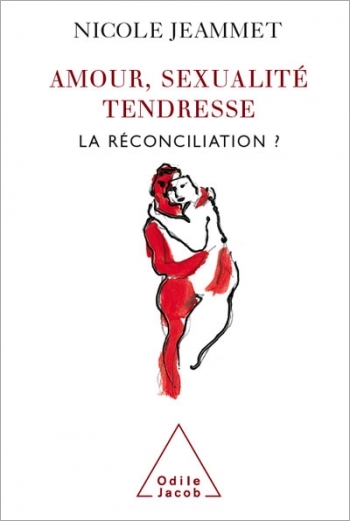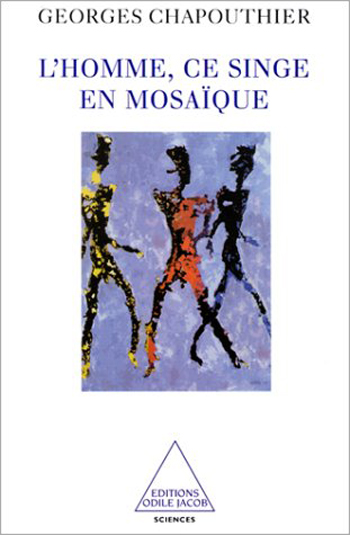Catalog All books
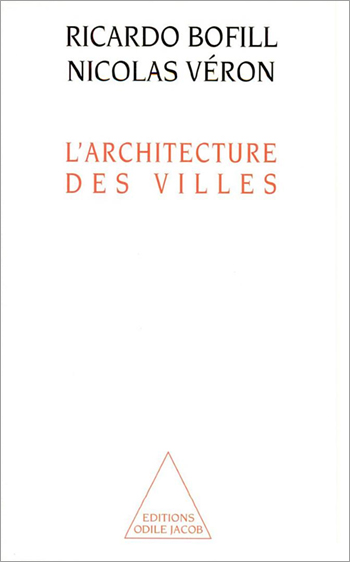
Ricardo Bofill, Nicolas Véron
Urban Architecture
What is there in common between all my designs ? What meaning can I give today to my architecture ? Without doubt, that of a desire to organise space. Due to an apprenticeship in perception, observation, and geometrisation of nature, in addition to a historical journey, I have learnt that in order to go past the initial momentum, I have to acquire the mastery of a whole new language." Ricardo Bofill Ricardo Bofill is probably one of the most famous, yet most controversial architects of his time. In this book illustrated with pictures and plans, he delivers an analysis of his art which amounts to an invitation to read the city.
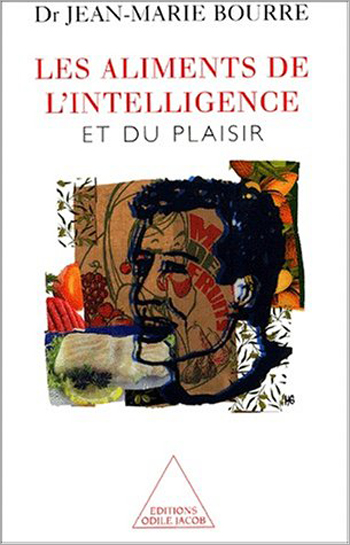
Jean-Marie Bourre
Food for Thought And Pleasure
"Why do we eat? For our intelligence capacity, aswell as the harmonious functioning of the body. Yes, for the brain you must eat eggs, charcuterie, red meat, as oily fish as possible, accompanied by fruit and vegetables, and complemented by wine and beer. Yes, you must derive pleasure from eating. And no, you don't need to become a herbivore, which would only serve to hinder the development and operation of your brain!" Jean-Marie Bourre
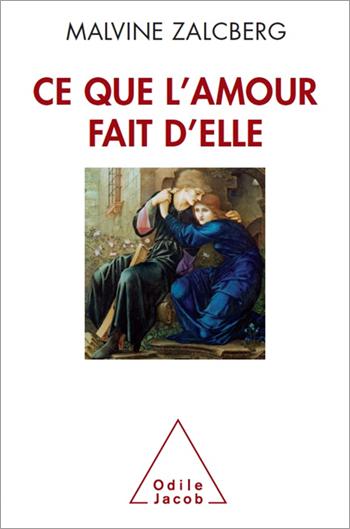
Malvine Zalcberg
Women in Love — What Love Does to Them
Why does love seem to play a more significant role in a woman’s life than in a man’s?
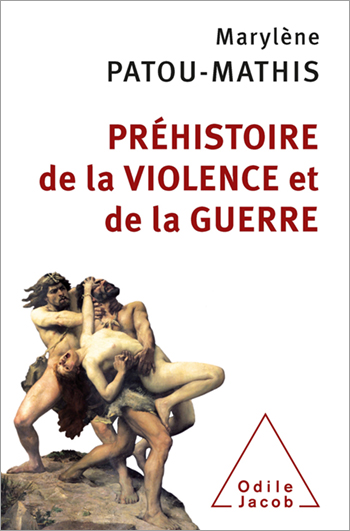
Marylène Patou-Mathis
War in Prehistory
A fascinating journey to the origins of violence among humans
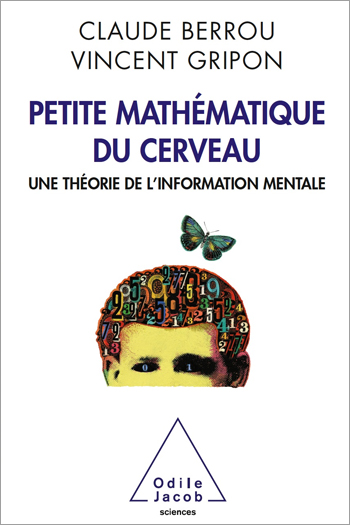
Claude Berrou, Vincent Gripon
Some Brain Mathematics A Theory of Mental Information
How the human brain processes information — an explanation between neuroscience and information technology.
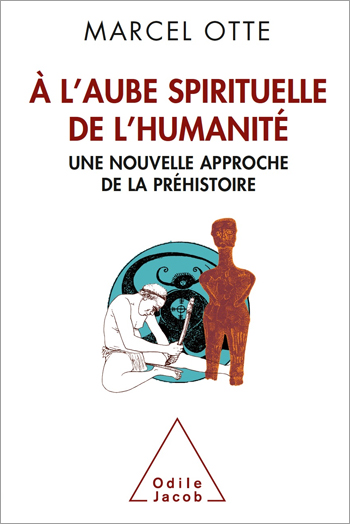
Marcel Otte
At Humanity’s Spiritual Dawn A New Approach to Prehistory
How did our ancestors think? What did they feel? How did they live?
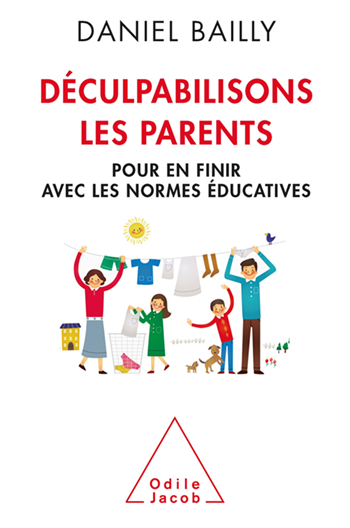
Daniel Bailly
Let’s Stop Making Parents Feel Guilty And Let’s Abolish Educational Norms
Parents need to feel more self-confident and spontaneous so they can focus on their child’s real needs
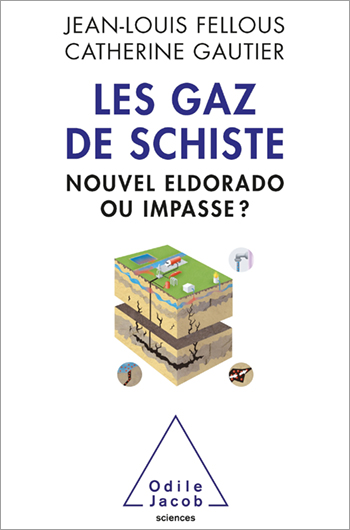
Jean-Louis Fellous, Catherine Gautier
The Gazs Shale New Eldorado or Impasse ?
Global problems related to the interaction of humans with their environment are multiplying: climatic upheaval, oil crisis, energy policies that are too lenient on carbon emissions
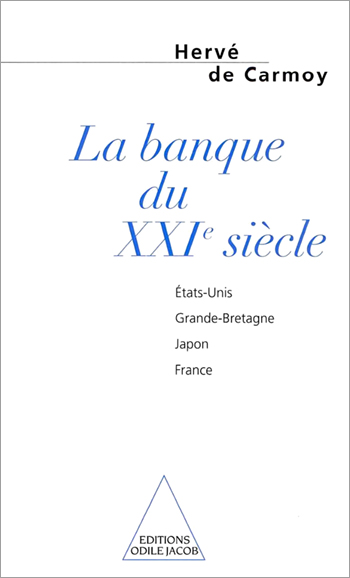
Hervé de Carmoy
The Bank of the 21st Century USA, Great Britain, Japan, France
This past decade has seen a profound modification of the banking environment due to technological mutations and a globalization of economy. What is the future of one of the oldest trades in the world, the money trade? What will tomorrow's bank look like?Hervé de Carmoy gives a thorough account of the recent banking evolutions in the United States, in London, in Japan, as well as in countries in full expansion, such as China. He takes stock of the setting up of bank industry in France. He questions the impact of drug money on financial circulation and diagnoses the emergence of a new banking model, the "Dividend-Bank", centered around transparence, rigour, profit and the obsession with clients. Former administrator-in-chief of the Midland Bank in London, Hervé de Carmoy is currently chairman of the BIMP. He is the author of "Banking Strategy".
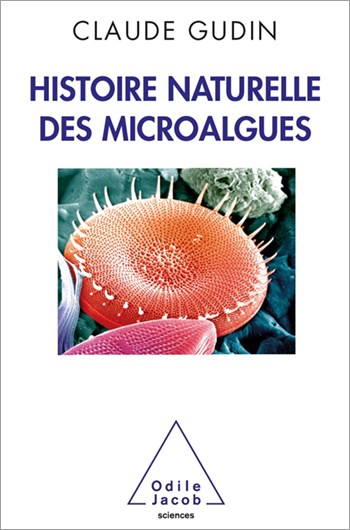
Claude Gudin
The Natural History of Microalgae
The amazing properties of microalgae may be crucial for the future of humanity
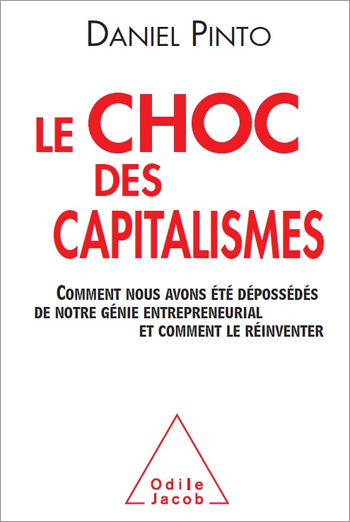
Daniel Pinto
The Clash of Capitalisms How we were deprived of our entrepreneurial genius and what we can do to reinvent it
Does capitalism still have a future? This book shows that it does, but only if it retrieves the formula that led to its success: the spirit of enterprise coupled with state support.
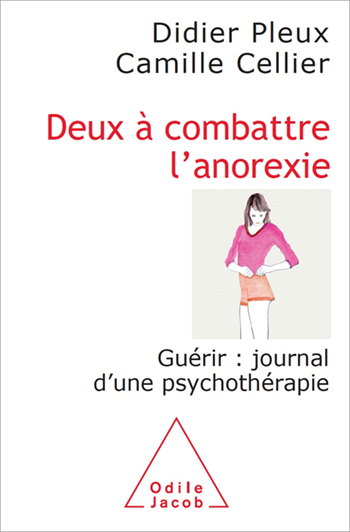
Didier Pleux, Camille Cellier
We're both fighting A Diary of Anorexia
How can anorexia be overcome? A young anorexic reveals the diary of her therapy and cure


